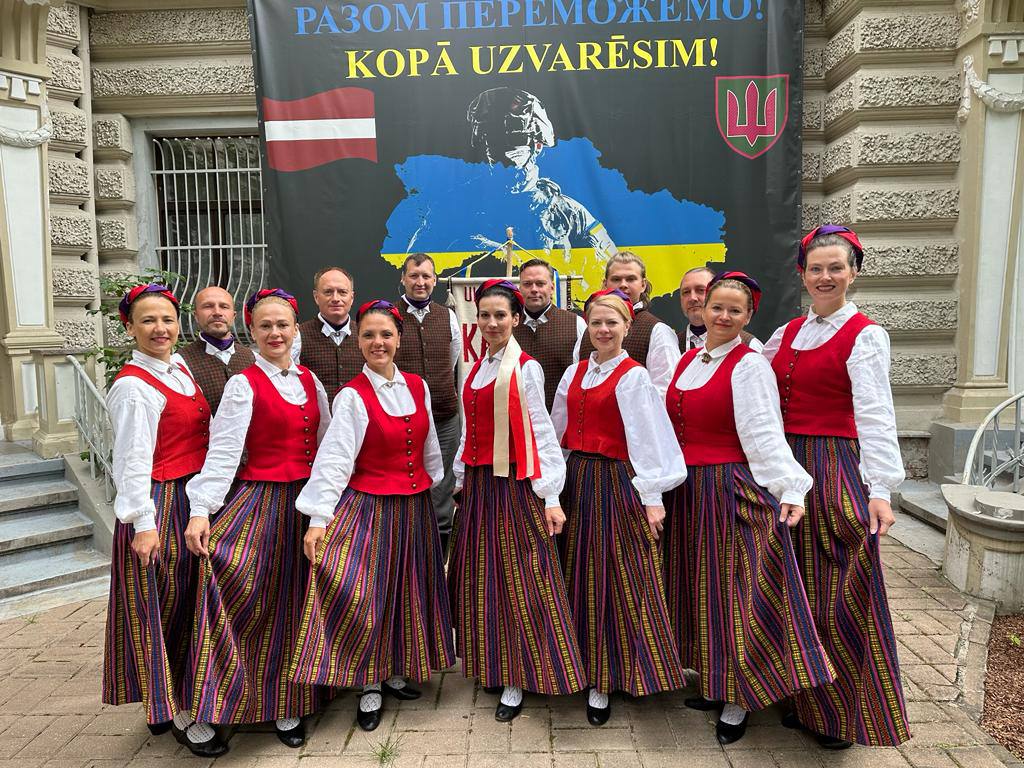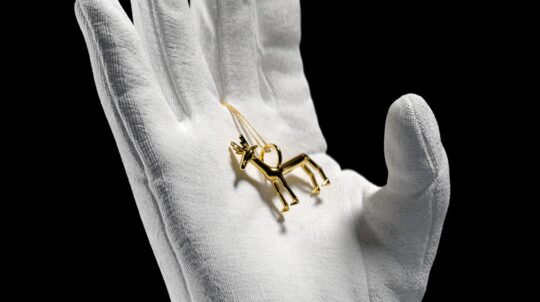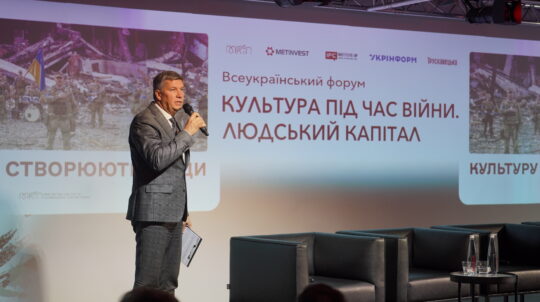Oleksandr Tkachenko, the Minister of Culture and Information Policy of Ukraine, at the invitation of Nauris Puntulis, the Minister of Culture of the Republic of Latvia, along with Piotr Gliński, the Deputy Prime Minister and Minister for Culture and National Heritage of the Republic of Poland, Simonas Kairys, the Minister of Culture of the Republic of Lithuania, Heidy Purga, the Minister of Culture of the Republic of Estonia, and Ernesto Ottone, the Assistant Director-General for Culture of UNESCO, took part in a roundtable discussion, followed by the signing of the Joint Declaration on strengthening the protection and restoration of Ukraine’s cultural heritage in the context of international cooperation.
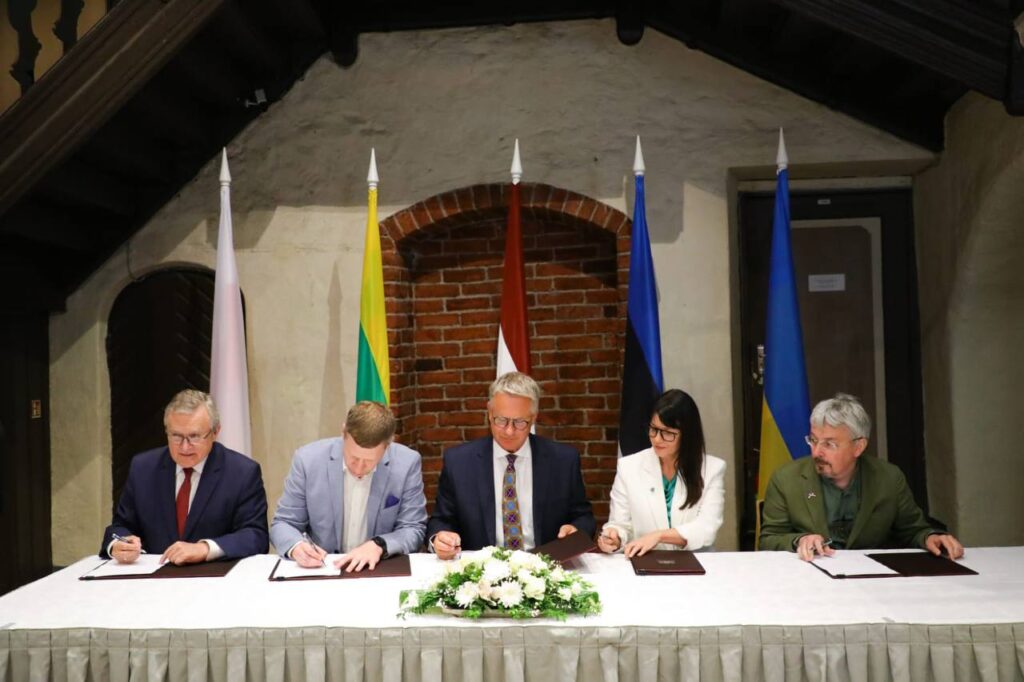
The roundtable was organized to commemorate the 20th anniversary of the UNESCO Convention for the Safeguarding of the Intangible Cultural Heritage of 2003 as a part of the celebrations of the 150th anniversary of the Latvian Song and Dance Festival, a tradition inscribed on UNESCO’s List of masterpieces of oral and intangible heritage of humanity. The discussion during the roundtable focused on the importance of protecting, preserving, and restoring Ukrainian cultural heritage in the context of the full-scale war in Ukraine.
During the roundtable, Oleksandr Tkachenko expressed gratitude to the partner countries for their extensive support and solidarity with independent, peaceful and democratic Ukraine. He specifically acknowledged their support in the areas of protecting and preserving Ukraine’s cultural heritage, as well as their efforts to support Ukrainian cultural and creative sectors in the face of unprovoked military aggression by russia against Ukraine, which has been ongoing for 500 days. Tkachenko emphasized that cultural heritage objects remain strategic targets of attacks by the russian army.
“Throughout these 500 days, the Ukrainian people have resisted the aggressor, who continues to launch rockets and drop bombs on residential buildings, hospitals, schools and cultural centers, museums and theaters. We are facing an enemy that destroys Ukrainians simply because they are Ukrainians – bearers of the Ukrainian language, culture, traditions, and historical memory,” said Oleksandr Tkachenko.
The Ukraine’s Minister reported that due to Russian aggression in Ukraine, 1,582 objects of cultural infrastructure have been damaged. In total, over 600 cultural heritage sites have been damaged,with nearly one-third of them being completely destroyed. One of the most extensive attacks occurred in Lviv on the night of July 5th to 6th. The rocket shelling caused damage to an architecturally significant local object located in the buffer zone of the UNESCO World Heritage Site “Lviv: the Ensemble of the Historical Center”, was damaged. This ensemble consists of 17 residential buildings.
The destruction of the Kakhovka HPP dam by russian forces has resulted in severe consequences. It stands as the largest ecological and humanitarian tragedy for Ukraine, posing new threats to the country’s cultural sector. Numerous objects of history, architecture and urban planning have been either completely or partially flooded. Furthermore, the loss extends to agricultural knowledge and culinary skills associated with the affected areas. The flooding of significant objects and locations used for certain rituals can have an impact on historical memory, its practices, and the transmission of knowledge, such as the Technology of preparing traditional Matviyiv green borscht with bull fish “Chervonyansky”.
“Our spiritual and intangible cultural heritage has proved to be a resilient force against all attempts by the aggressor to erase our identity, falsify history, and undermine our courage and dedication to the ideals of good. Today, Ukraine is fighting for European and universal values, for natural and material riches, for a common sustainable future,” emphasized the Minister.
The Ministry of Culture and Information Policy of Ukraine, in collaboration with the public sector, is actively engaged in inventorying the intangible cultural heritage and seeking its inclusion on UNESCO’s Lists Intangible Cultural Heritage. Two nominations, namely “Ukrainian Pysanka: tradition and art” and “Practice of safeguarding the Kobzar-Lirnyk tradition”, will be considered in the upcoming year. Furthermore, efforts have been made to enhance legislative instruments for the protection of cultural heritage by inviting the UNESCO Chair on Intangible Cultural Heritage Policy and Law in Latvian Academy of Culture. As part of the series of events commemorating the 20th anniversary of the UNESCO Convention, a series of webinars were conducted in June to evaluate the results of the project “Supporting the resilience of Ukrainian school children through enhancing awareness of their living heritage”, supported by the UNESCO Heritage Emergency Fund. This project holds significant importance as it contributes to the transmission of knowledge about living heritage to schoolchildren across various cities of Ukraine.
Furthermore, the Ukraine’s Minister emphasized the importance of protecting cultural heritage in the war zone and temporarily occupied territories. He underscored the need to implement effective mechanisms to counter the looting and illicit trafficking of Ukrainian cultural values to the territory of russia or the temporarily occupied territories. Such actions, carried out by the russian occupation authorities, are a grave violation of international law.
As a result of the roundtable, the participating ministers of culture have signed a Joint Declaration expressing their commitment to strengthen efforts in protecting and promoting Ukraine’s cultural heritage, in particular its intangible heritage. They called upon the European Commission and the member states of the European Union to increase financial support for the recovery of the cultural and creative sectors, as well as the restoration of Ukraine’s cultural heritage affected by the war. The Ministers also stressed the importance of establishing the International Cultural Heritage Fund for Ukraine, and providing targeted support, while ensuring a safe and supportive environment for Ukrainian communities that have received temporary shelter, with the goal of preserving and transmitting their intangible cultural heritage.
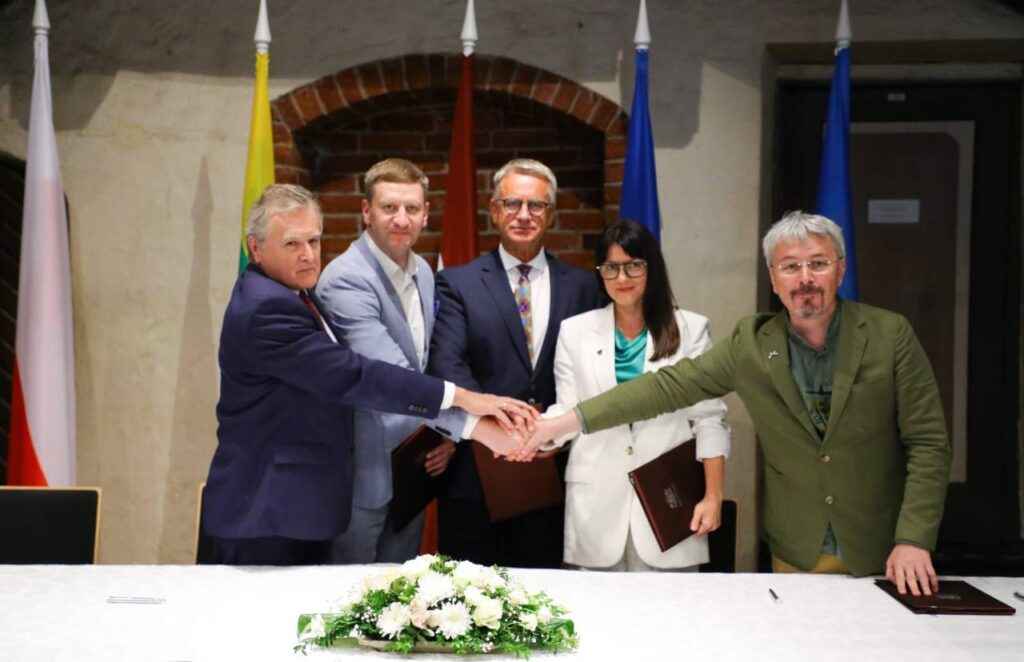
The delegations, led by the Ministers of culture, visited the Latvian National Museum of Art and the Museum Art Nouveau Center in Riga. As part of the celebration of the 150th anniversary of the Latvian Song and Dance Festival, they also enjoyed the dance performance “Perpetual Motion” at the Daugava Stadium and attended the final concert at “Upward Together” at Mežaparks.
